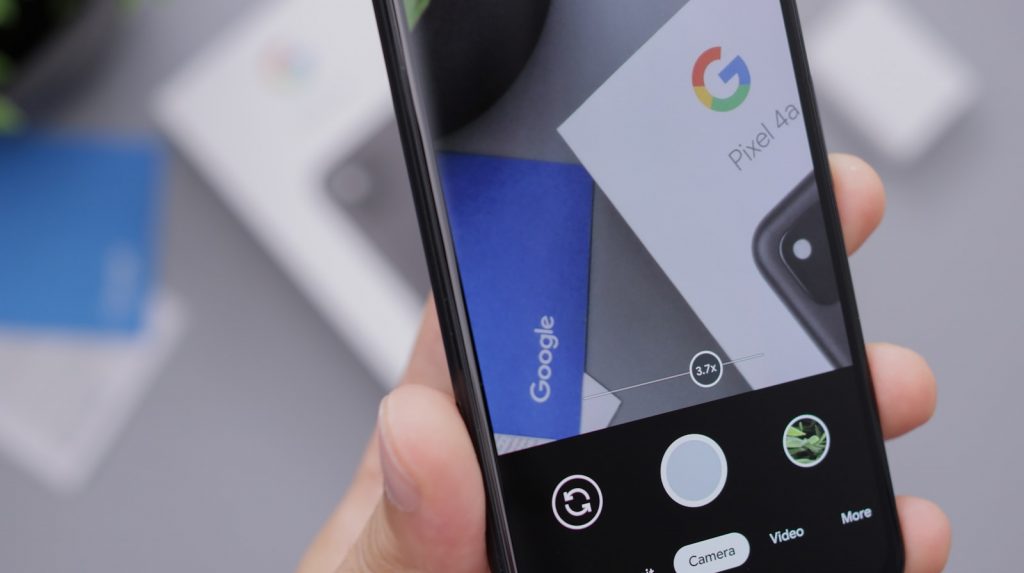Introduction: Pay Per Click Advertising in the UK
In today’s competitive digital landscape, businesses in the UK are constantly seeking innovative ways to stand out and reach their target audience. Pay per click advertising (PPC) has emerged as a powerful tool for achieving these goals, offering unparalleled targeting capabilities, instant visibility, and measurable results. This comprehensive guide aims to equip you with the knowledge and strategies necessary to leverage PPC effectively and drive sustainable growth for your business.
Understanding Pay Per Click Advertising in the UK
In this section, we’ll explore the fundamentals of PPC advertising and discuss why it has become a cornerstone of digital marketing strategies in the UK.
Pay per click advertising, often abbreviated as PPC, is a digital marketing model where advertisers pay a fee each time their ad is clicked. It’s a highly targeted form of advertising that allows businesses to reach potential customers precisely when they’re actively searching for products or services related to their offerings. In the UK, PPC has become increasingly popular due to its effectiveness in driving website traffic, generating leads, and boosting sales. Furthermore, this popularity stems from its ability to precisely target audiences and deliver measurable results.
Key Advantages of PPC Advertising in the UK
Here, we’ll outline the key benefits of incorporating PPC into your digital marketing strategy in the UK and explore how it can help you achieve your business objectives.
1. Immediate Results: One of the most significant advantages of PPC advertising is its ability to deliver immediate results. Unlike organic methods like search engine optimisation (SEO), which can take weeks or even months to yield tangible results, PPC allows you to start driving traffic to your website and generating leads almost instantly.
2. Targeted Reach: PPC platforms like Google Ads offer sophisticated targeting options that enable you to reach your ideal audience with pinpoint accuracy. You can target users based on factors such as demographics, location, interests, and search intent, ensuring that your ads are seen by the right people at the right time.
3. Cost-Effectiveness: With PPC, you have full control over your budget and spending. But you only pay when someone clicks on your ad, which means you’re not wasting money on irrelevant impressions or clicks. This makes PPC a cost-effective advertising solution for businesses of all sizes, from small startups to large corporations.
4. PPC provides robust analytics and tracking tools that enable you to measure the performance of your campaigns in real-time. , you can track key metrics such as clicks, conversions, and return on investment (ROI), providing valuable insights into the effectiveness of your advertising efforts.
5. Enhanced Brand Visibility: By appearing at the top of search engine results pages (SERPs) and on relevant websites across the web, PPC ads help increase brand visibility and awareness. This heightened visibility can lead to greater brand recognition, trust, and credibility among your target audience.

Advanced Strategies for Maximizing PPC Success
In this section, we’ll explore advanced strategies and tactics for maximising the effectiveness of your PPC campaigns and achieving your business goals.
1. Keyword Research and Optimisation:
Conduct thorough keyword research to identify high-value keywords relevant to your business and target audience. Use keyword research tools like Google Keyword Planner to discover new keyword opportunities and optimise your ad campaigns for maximum relevancy and performance.
Click here For More On KW Research
2. PPC Ad Copy Optimisation:
Craft compelling and persuasive ad copy that grabs the attention of your target audience and entices them to click. Use clear, concise language, compelling calls-to-action (CTAs), and relevant keywords to make your ads stand out from the competition and drive clicks to conversions.
3. Landing Page Optimisation:
Make sure landing pages are optimised to convert your customers and provide a seamless experience. Create dedicated landing pages for your PPC campaigns tailored to the specific needs and interests of your target audience. Optimize them for speed, mobile-friendliness, and user engagement.
4. Ad Extensions:
Take advantage of ad extensions to enhance the visibility and effectiveness of your ads. Ad extensions allow you to include additional information such as site links, callouts, and reviews directly in your ads, therefore making them more informative and compelling to potential customers.
5. Re-marketing and Retargeting:
Implement re-marketing and retargeting campaigns to re-engage users who have previously visited your website or interacted with your brand. By targeting these warm leads with personalised ads and offers, you encourage them to return to your site and complete their purchase, increasing your conversion rates and ROI.
6. Continuous Monitoring and Optimisation:
Continuously monitor the performance of your PPC campaigns closely and make adjustments as needed to optimize their performance. Moreover, track key metrics such as click-through rate (CTR), conversion rate, and cost per acquisition (CPA). Additionally, utilize A/B testing to experiment with different ad creatives, targeting options, and bidding strategies to identify what works best for your business.

FAQs (Frequently Asked Questions)
Q: What is pay per click advertising? Pay per click advertising, also known as PPC, is a digital marketing model where advertisers pay a fee each time someone clicks on their ad. Moreover, it’s a highly targeted form of advertising that enables businesses to reach potential customers precisely when they’re actively searching for products or services related to what the business offers.
Q: How does PPC advertising work? PPC advertisers bid on keywords relevant to their target audience. Users search for their target keywords, and the ads display at the top of the search results. Advertisers pay only when someone clicks on their ad, making it a cost-effective and measurable advertising solution.
Q: Why is PPC advertising important in the UK? PPC advertising is crucial in the UK due to its ability to deliver immediate results, targeted reach, and measurable ROI. It allows businesses to effectively reach their target audience, drive website traffic, generate leads, and increase sales and conversions.
Q: Is PPC advertising suitable for small businesses in the UK? A: Yes, PPC advertising is suitable for businesses of all sizes in the UK. With its flexibility, control over budget, and targeted reach, PPC offers a level playing field for small businesses to compete with larger competitors and reach their target audience effectively.
Q: What are some common mistakes to avoid in PPC advertising? A: Common mistakes in PPC advertising include neglecting keyword research and optimization, targeting broad keywords, ignoring ad relevance and quality score, neglecting landing page optimisation, and not tracking and analyzing campaign performance. Avoiding these pitfalls can help maximize the effectiveness of your PPC campaigns and drive better results.
Conclusion:
In conclusion, pay per click advertising presents unparalleled opportunities for businesses in the UK to reach their target audience, drive website traffic, generate leads, and increase sales and conversions. Additionally, by implementing the strategies and best practices outlined in this guide, you can harness the full potential of PPC and take your business to new heights in the competitive digital landscape of the UK.
Visit Our Blog For More In Depth Posts